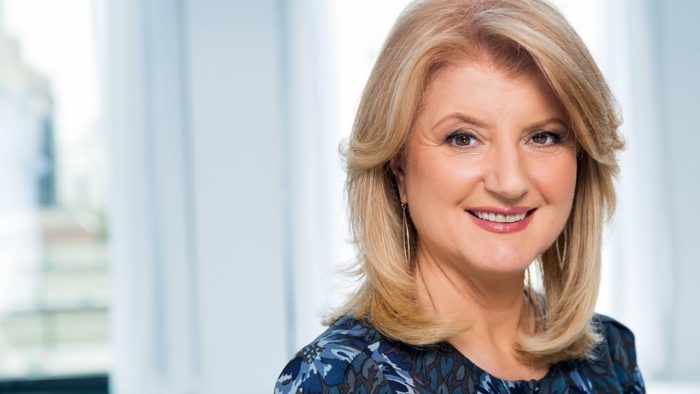How we can emerge from this crucible into a better, fairer, more compassionate world
Transformative change rarely happens without a catalyst and a crisis
photo: PATSTOCK / Getty Images
A crucible. A time of profound trial at the end of which something new and much better emerges. The term comes from the vessel used by medieval alchemists that withstood extreme heat to turn base metals into gold.
In modern times, “crucible” has taken on a metaphorical meaning: an event, moment or experience that transforms us. The alchemy that takes place is a journey toward a psychological and spiritual — as opposed to physical — transformation.
We find ourselves in a crucible now. The severe trials of the pandemic have revealed fundamental weaknesses in our society — many of which we knew about but were content to ignore. In a world where real change is hard to come by, the pandemic has, in effect, forced our hand: we have an opportunity to change because we have to, to emerge into a world that is not merely new, but better, fairer and more compassionate than the one we leave behind.
Because there is no going back. The pandemic has made it all too clear that we cannot continue to live and work the way we have — breathlessly and always on. The casualties of this way of living have been proliferating for years: the skyrocketing increase in chronic diseases like diabetes and hypertension; the increase in mental health problems like depression and anxiety, the increase in stress and burnout, which the World Health Organization identified as a workplace crisis last spring.
And now a time of profound loss — lost lives of loved ones, spouses or co-workers being laid off and the ongoing uncertainty about the future — has exacerbated the mental health crisis we are already facing. Two thirds of Americans say they’ve felt anxious, depressed, lonely or helpless in the last week, and more than half say coronavirus-related stress is negatively affecting their sleep, the foods they eat, their alcohol use or their chronic conditions. And even losses that may seem trivial on the surface compared to matters of life and death — weddings, graduations, travel and vacations — mean, as Kim Hart writes in Axios, “huge parts of our lives will stay shuttered well through August and possibly beyond.”



